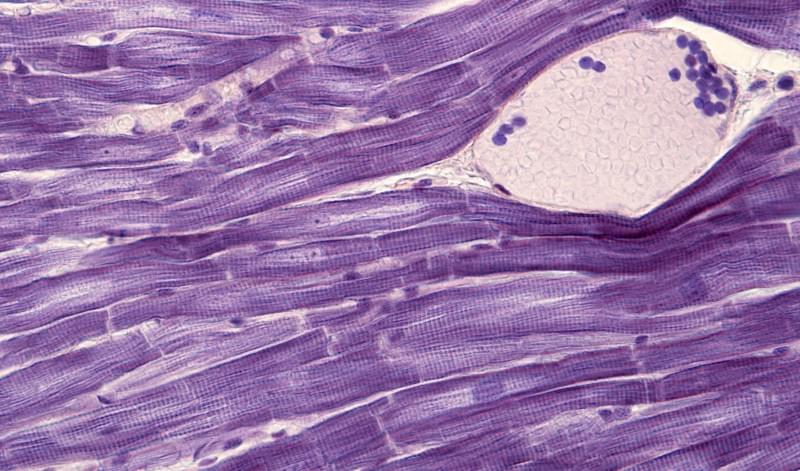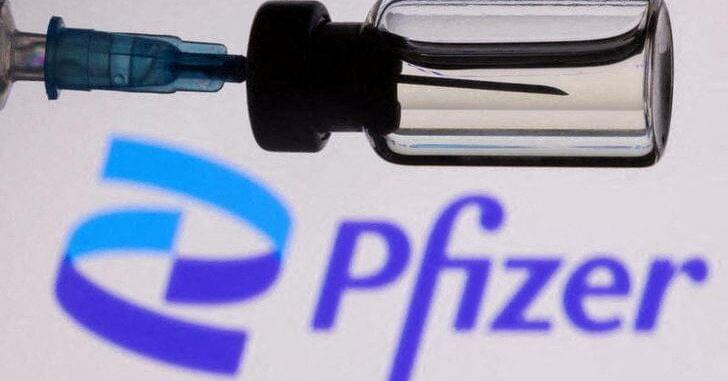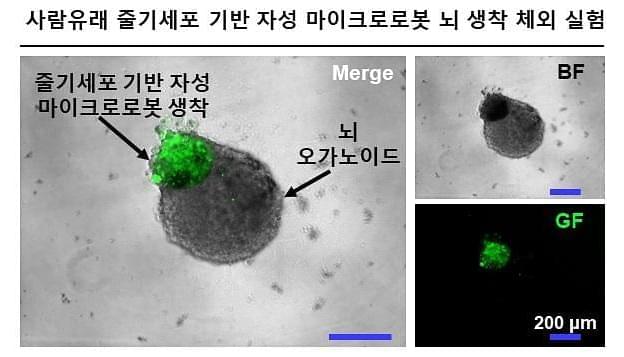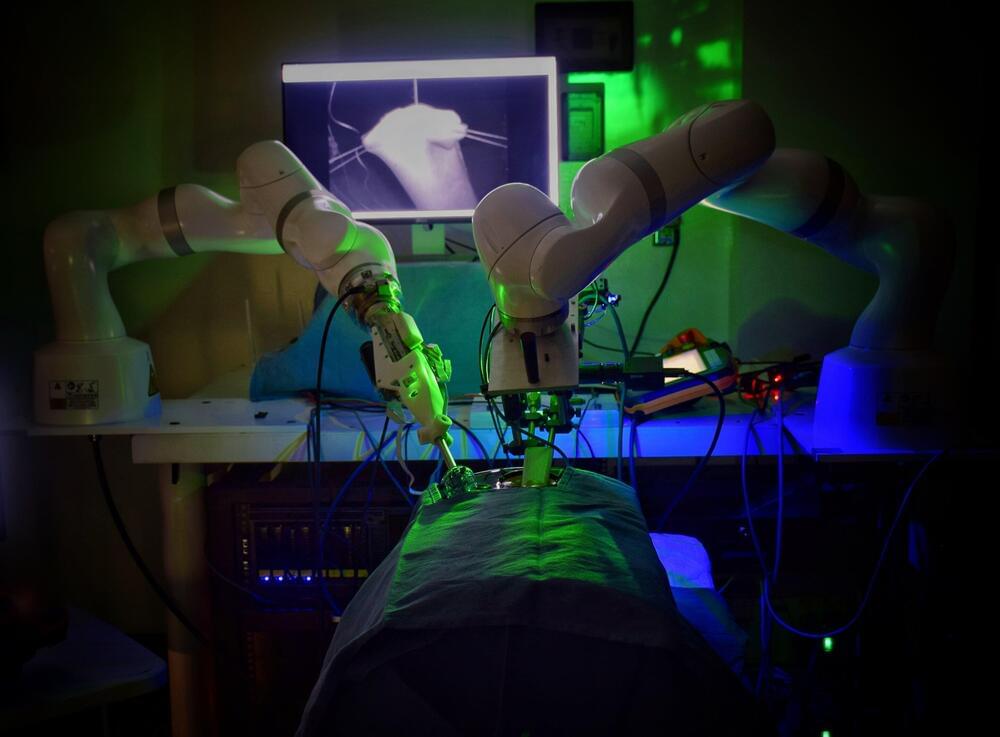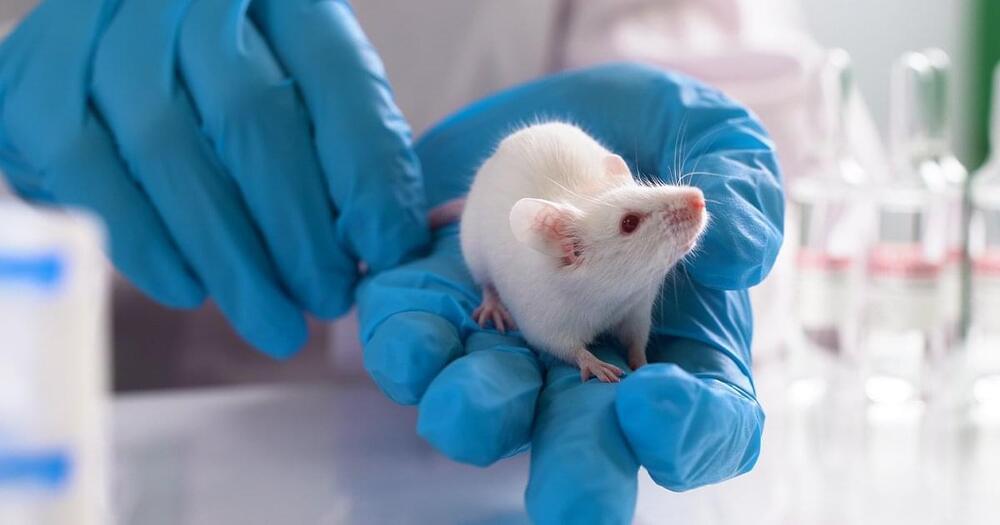Over the last year home prices have skyrocketed (along with prices of almost everything else), leaving millions of people unable to afford to move or to change their housing situation. Mortgage lender Freddie Mac estimated last year that the US has a housing supply shortage of 3.8 million homes. It’s partly Covid-related; construction has slowed due to labor shortages, high raw material costs, and supply chain issues—but the problem predates the pandemic, as demand for homes was already outpacing supply in 2019.
Middle-and low-income families have been hit hardest by the housing shortage. In an effort to assist those in need, Habitat for Humanity launched an initiative last year to incorporate 3D printing into its construction process to cut costs. The first home was completed last month, and a family moved in just before Christmas.
Located in Williamsburg, Virginia, the house has three bedrooms and two bathrooms, and the 3D printed portion of it—that is, the exterior walls—took just 28 hours to build. “Build” in this case meant a 3D printer moved along a track in the shape of the house, putting down one layer after another of a cement mixture.

